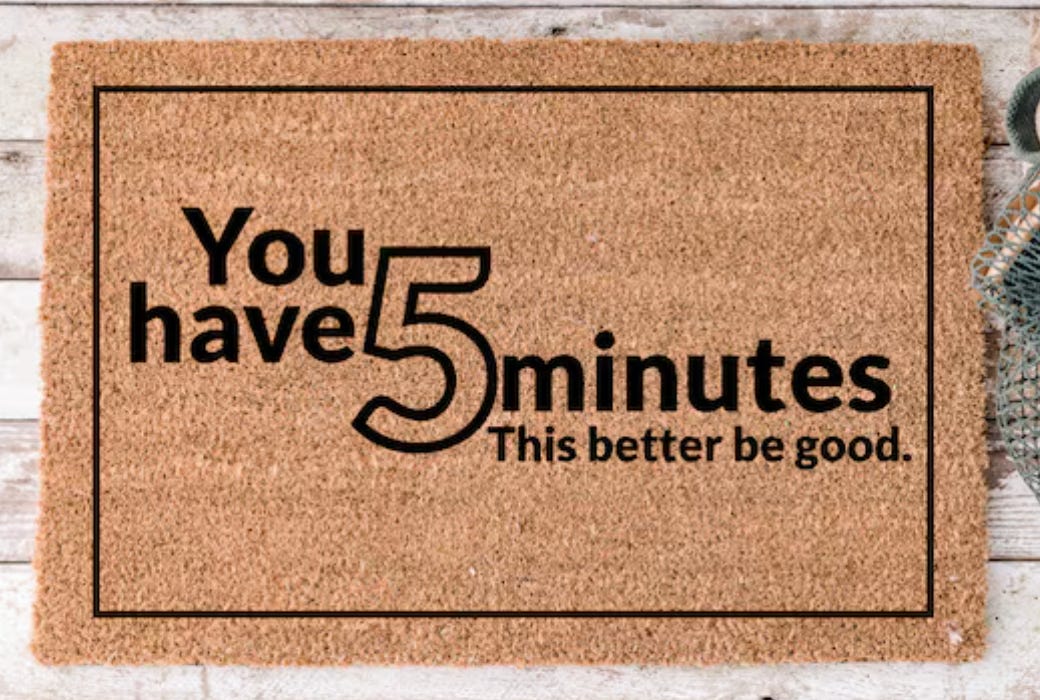Are Vermonters Rude or Just Misunderstood? A Look at Our State's Social Skills
In a culture built on surviving harsh winters and tending the land, actions—like helping a neighbor dig their car out of a snowbank—speak louder than effusive words or small talk.
It's a conversation that has echoed from the checkout line at City Market to the forums of Reddit: do Vermonters have a social skills problem? A recent online discussion, sparked by a transplant from the South who felt ignored and met with suspicious glares, brought this familiar question to the surface once again.
For newcomers, Vermont's social landscape can feel chilly. For natives, the complaint can be baffling. But research into our state's unique culture, history, and even psychology suggests the answer isn't about rudeness, but a deep and often misunderstood set of cultural norms.
The Roots of Reserve: Our "Yankee" Heritage
Before we can understand how Vermonters act, we have to understand where we come from. Our cultural DNA is heavily influenced by the "Yankee" archetype, shaped by centuries of Puritan and agricultural life. This heritage prized practicality, self-reliance, and a strong work ethic above all else. In a culture built on surviving harsh winters and tending the land, actions—like helping a neighbor dig their car out of a snowbank—spoke louder than effusive words or small talk.
This history fostered a communication style that is often described as "taciturn" or reserved. It’s not about being unfriendly; it’s about being direct and economical with words. A simple nod might carry the weight of a paragraph, and a friendship is built on shared deeds, not just shared conversation. To an outsider accustomed to more expressive social interaction, this reserve can easily be misinterpreted as coldness or disinterest.
The Psychology of Place
Interestingly, modern psychology backs up these cultural observations. Large-scale studies on regional personality traits have consistently found that New Englanders, Vermonters included, tend to score lower on the personality trait of "agreeableness."
This doesn't mean we're disagreeable people. Rather, it suggests a population that is less concerned with seeking external social approval. People with lower agreeableness are often more direct, more independent in their thinking, and less likely to engage in social niceties simply for the sake of it.
When this psychological profile meets a culture that already values reserve, you get a social environment that can feel very different from the overt friendliness of a place like the American South.
The flip side of this is that Vermonters who have lived in the south often observe that northerners are cold on the outside but warm on the inside, while southerners can be warm on the outside but cold on the inside, especially to their northern neighbors.
The 'Woodchuck' and the 'Flatlander'
No discussion of Vermont's social dynamics is complete without mentioning the classic divide between the "woodchuck" (the native) and the "flatlander" (the newcomer). While sometimes used in jest, these terms represent a real social tension.
For generations, Vermont has seen waves of people move here seeking a different way of life. This influx, while bringing new energy, has also put pressure on the state's traditional culture, landscape, and economy. The "us vs. them" mentality that can emerge is less about hostility and more about cultural preservation.
Natives may seem standoffish as a way of gauging a newcomer's commitment. Are you here just for the scenery, or are you here to become part of the community? Acceptance is often a slow burn, earned by showing up to Town Meeting Day, volunteering for the local fire department, or simply enduring a few winters. It's a proving ground that can feel exclusionary to those who don't understand the unspoken rules.
A Different Kind of Welcome
So, are Vermonters unfriendly? The evidence suggests we're not. We're just operating with a different social playbook. Our "welcome" might not always come with a wide smile, but with a quiet offer of help when you need it most. Our friendships might be slower to build, but they are often as sturdy as the Green Mountains themselves.
For those who have moved here, patience is key. And for those of us who have always called this place home, perhaps a little understanding can go a long way. Bridging the gap requires recognizing that a different way of communicating isn't a worse way—it's just, well, the Vermont way.


